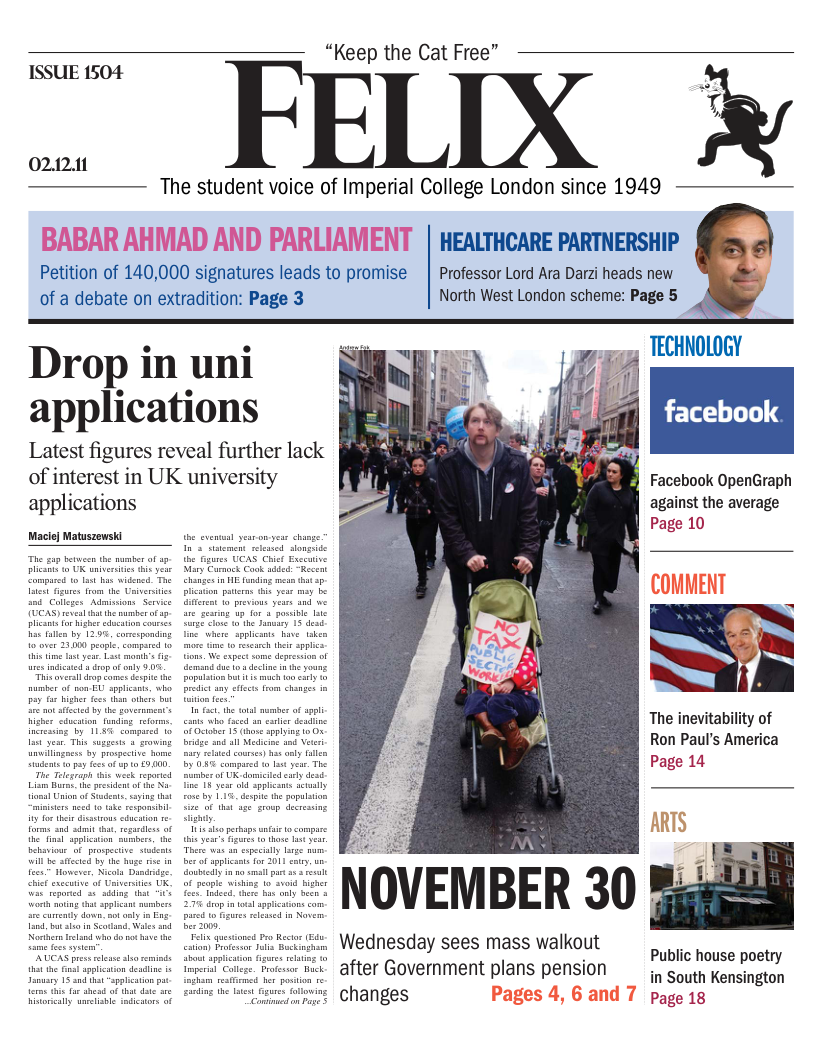Dreaming of another world
Kelly Oakes on what to do if you need to take the edge off painful memories

Have you ever woken up the day after a night out and mentally recoiled in horror as you remember embarrassing things that you said or did under the influence of alcohol? Well, researchers at the University of California, Berkeley, have discovered a way to take the edge off those painful memories — all you have to do is nod off long enough to dream.
Matthew Walker, lead author on the study published last week in the journal Current Biology, and his colleagues showed that rapid eye movement (REM) sleep, the phase of sleep in which we dream, is associated with a decrease in activity in a part of the brain that processes emotions. This decrease in activity allows a more ‘rational’ part of the brain to take over the processing of memories, decreasing their “emotional intensity”.
Thirty-five people, split into two groups, participated in the study. Both groups viewed 150 images, chosen to elicit certain emotions, twice, with 12 hours between the two viewings. The only difference was that one group saw the images in the morning and then again in the evening in the same day, having remained awake in between, whereas the other group saw the images in the evening and then again the next morning, after a night’s sleep.
Those that slept in between the two viewings reported a significant decrease in their emotional reaction to the images. MRI scans also showed a significant reduction in activity in the amygdala, a part of the brain that processes emotions. Walker and his colleagues noticed that when activity in the amygdala decreased, the more ‘rational’ prefrontal cortex became more active.
REM sleep is also associated with changes in neurotransmitters. Walker and colleagues measured electrical brain activity and used this to show that levels of neurotransmitters associated with stress reduced during REM sleep. Walker thinks that reprocessing emotional experiences during this period will soften those memories and allow us to wake up feeling better than when we went to sleep.
Unfortunately, dreaming won’t stop other people remembering your drunken escapades, but at least your own memories of the event will be a bit blurry around the edges.
More seriously, the findings point to an explanation of why people with post-traumatic stress disorder find it difficult to recover from their experiences. Walker thinks that perhaps this dreaming therapy does not work the way it should in people with post-traumatic stress disorder, so they relive the full painful experience every time the memory is triggered.
But hope is not lost for patients with post-traumatic stress disorder. A physician at a US Department of Veteran Affairs hospital noticed that post-traumatic stress disorder patients who were taking a generic blood pressure drug had fewer reoccurring nightmares. It turned out that the drug has the side effect of suppressing the stress neurotransmitters that are usually reduced during REM sleep.
This observation was what prompted Walker to investigate the link between REM sleep and post-traumatic stress disorder in the first place. This study helps to explain how the drug helps those with post-traumatic stress disorder and may even open doors to new treatments that relate sleep and mental illness.





